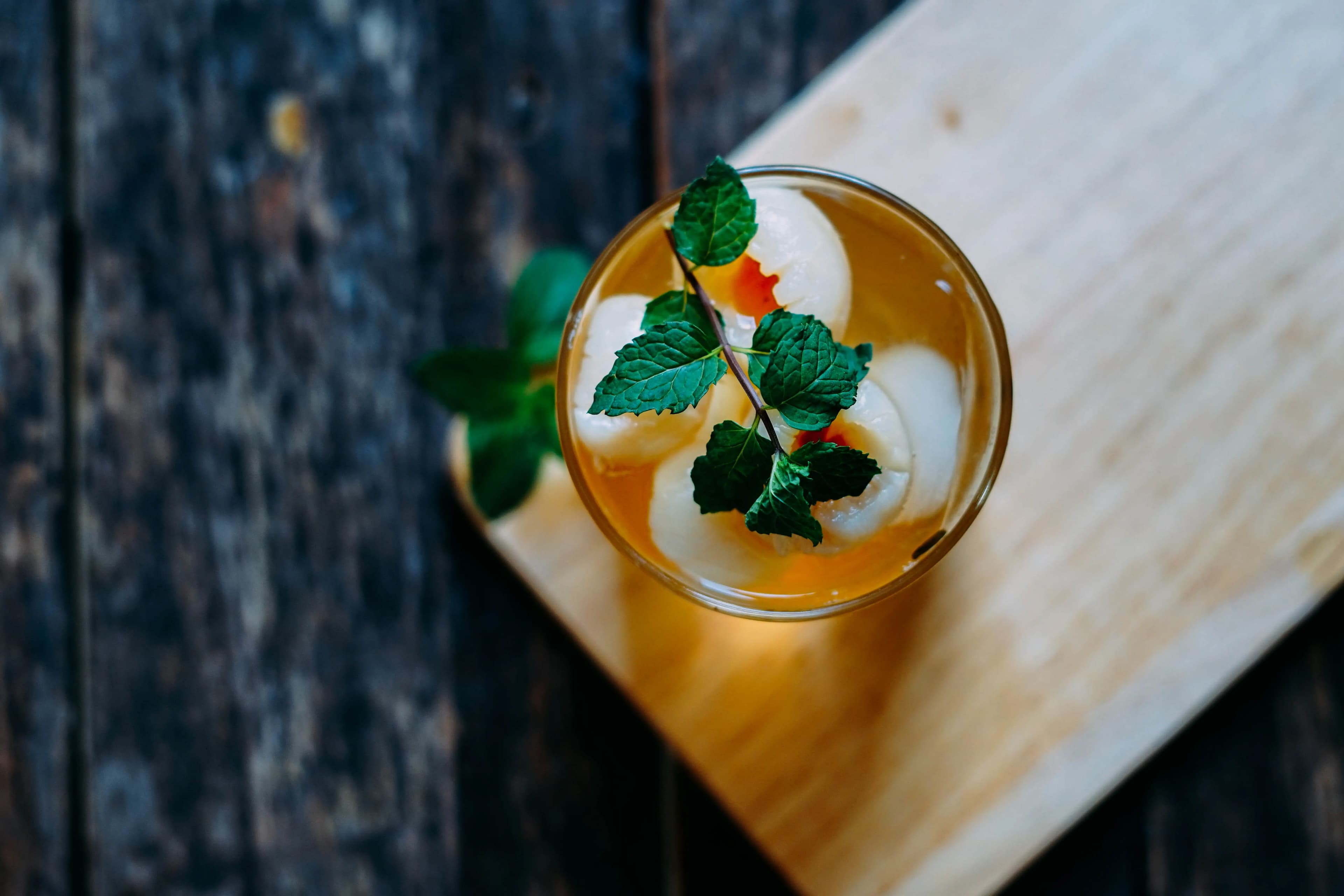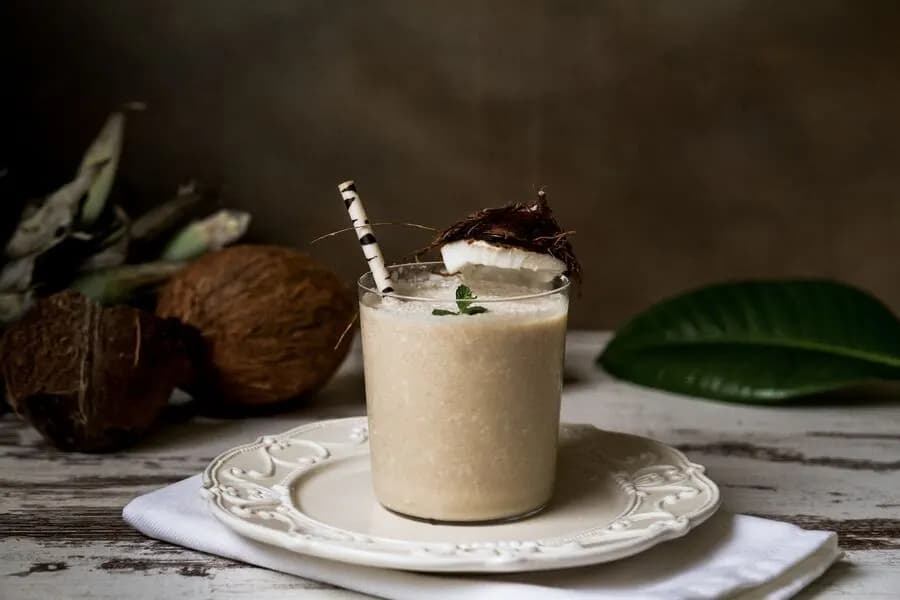Understanding Sweet Flavour Profiles In Cocktails: Basic Ingredients And Balance
Sweet flavours are integral to several cocktails. They create depth, soften the harsher notes of alcohol, and deliver a memorable taste. From the natural sweetness of fruits to the nuanced flavours of syrups and liqueurs, cocktails have distinct sweet profiles. Each ingredient contributes unique layers of sweetness, making balance essential for a well-rounded drink.
Sweet flavour profiles in cocktails are multifaceted. The character of a beverage is significantly influenced by natural sugars, syrups, and sweet spirits. The sweetness of a cocktail must be in harmony with other flavours, including spice, bitterness, and acidity. It is essential to comprehend the process of blending these components in order to create sophisticated beverages.
Mastering the proportions of ingredients is essential for achieving balance in cocktails. A drink tastes better following the proper ratios of sweeteners, spirits, and modifiers. This guide delves into the fundamentals of creating cocktails with harmonious sweet flavours.
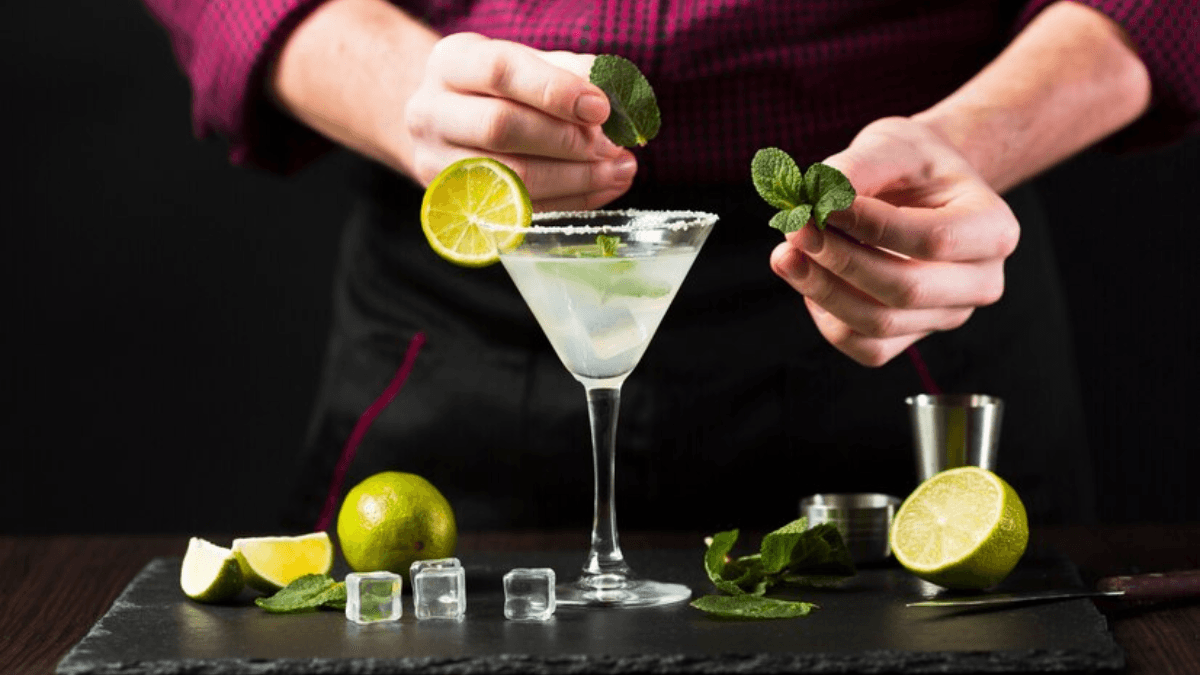
How To Prepare A Cocktail
Choosing Your Ingredients
Carefully selecting your ingredients is the foundation of any great cocktail. Natural sweetness comes from fruits like citrus and berries, which add vibrancy. Sweetening agents, such as simple syrup (made with equal parts sugar and water) or honey, enhance flavours without overpowering them.
Measuring And Balancing
Precision is key in cocktail preparation. Use a jigger to measure your ingredients accurately. In a typical cocktail, the sour-to-sweet ratio often follows a 2:1 guideline. For example, if a recipe calls for 20 ml of lemon juice, balance it with 10 ml of simple syrup. Adjust to taste but remember to maintain harmony among the flavours.
Incorporating Spirits
Base spirits like vodka, rum, or gin provide the alcohol backbone. Each spirit brings its own flavour notes—rum has a natural sweetness, while gin adds botanical depth. Pair your spirit thoughtfully with the sweet ingredients for a cohesive flavour profile.
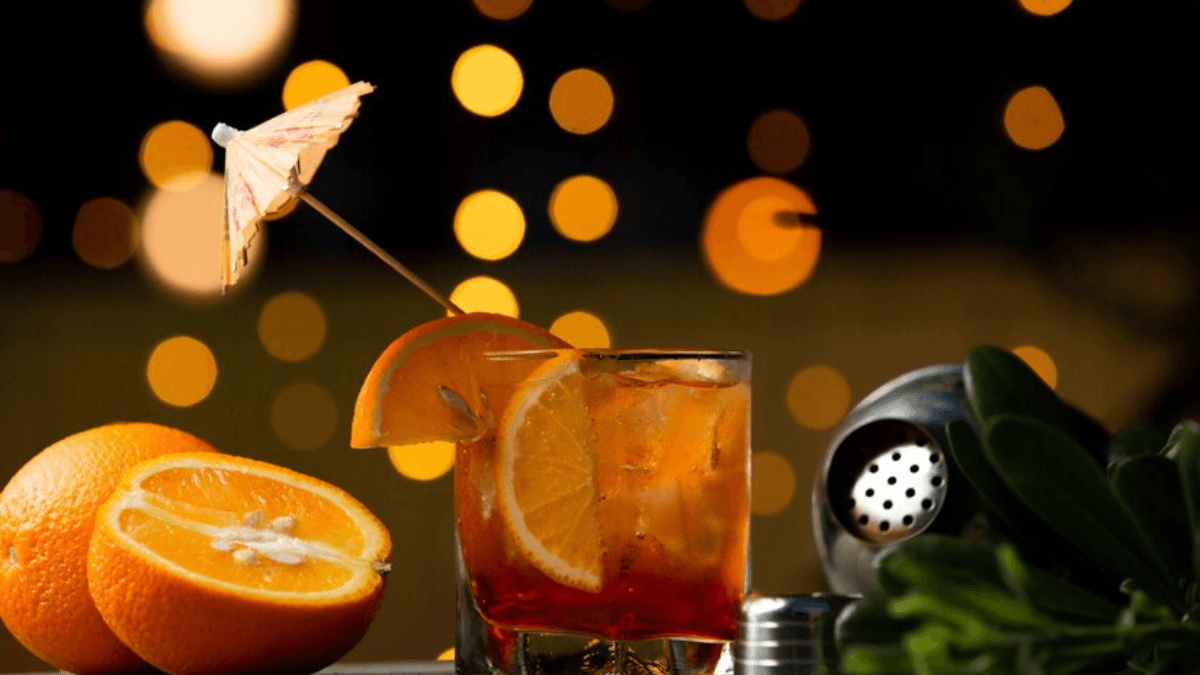
Understanding Sweet Flavours In Cocktails
Natural Sweetness
Fruits such as oranges, pineapples, and strawberries add natural sugars to cocktails. These ingredients often serve as both flavour enhancers and visual elements. Freshly squeezed juices or muddled fruits are recommended for their robust taste.
Sweetening Agents
Sweetening agents like agave nectar, maple syrup, and molasses introduce varying levels of sweetness and texture. Simple syrup remains the most versatile choice. It dissolves easily and blends seamlessly with other components.
Liqueurs And Cordials
Liqueurs, such as elderflower or amaretto, add complexity. Their layered sweetness complements spirits and balances acidity. Use them sparingly to avoid overshadowing other ingredients.
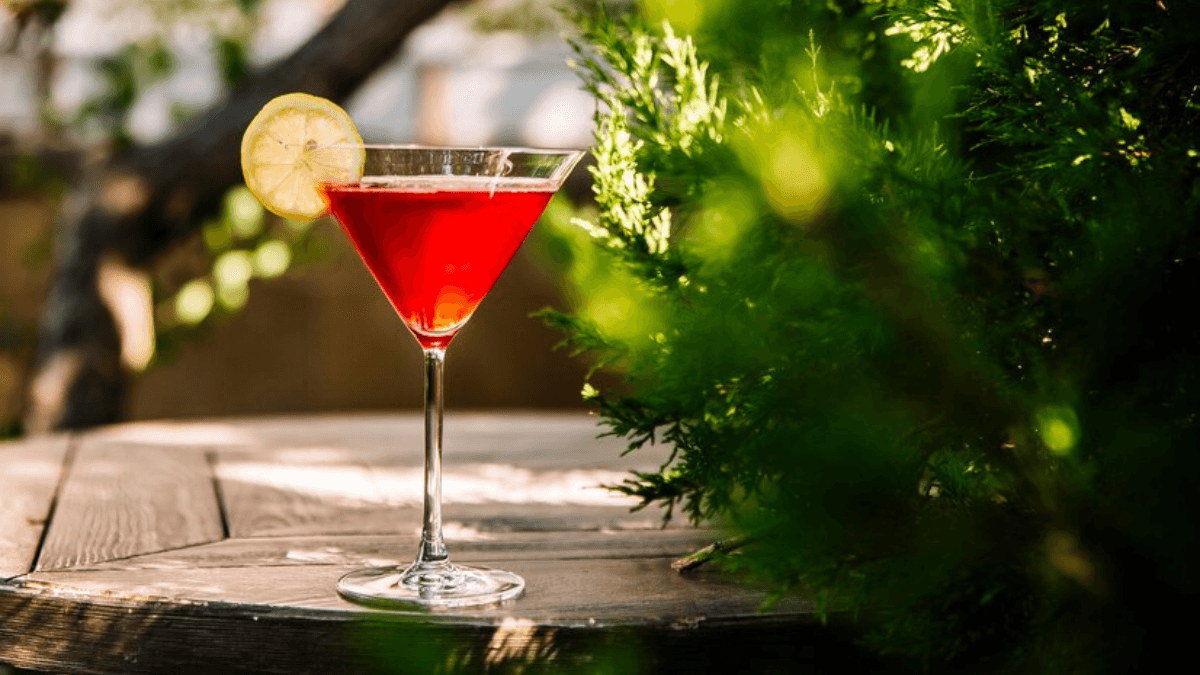
Tips For Balancing Sweetness
Adjust Ratios Thoughtfully
The ratio of sweet to sour can make or break a cocktail. Taste as you mix and adjust proportions incrementally for optimal balance. Avoid over-sweetening, which can dull the drink's overall profile.
Use Enhancers
Adding a pinch of salt or 10 ml bitters can improve the taste of a cocktail by offsetting sweetness. These elements create contrast and bring out nuanced flavours.
Experiment With Temperature
Colder cocktails tend to taste less sweet than warmer ones. Adjust the quantity of sweeteners based on the serving temperature. Ice can dilute sweetness slightly, so account for melting.
Add Spice For Depth
Ingredients like ginger or cinnamon can complement sweetness. They enhance complexity and contribute to a more dynamic flavour profile.
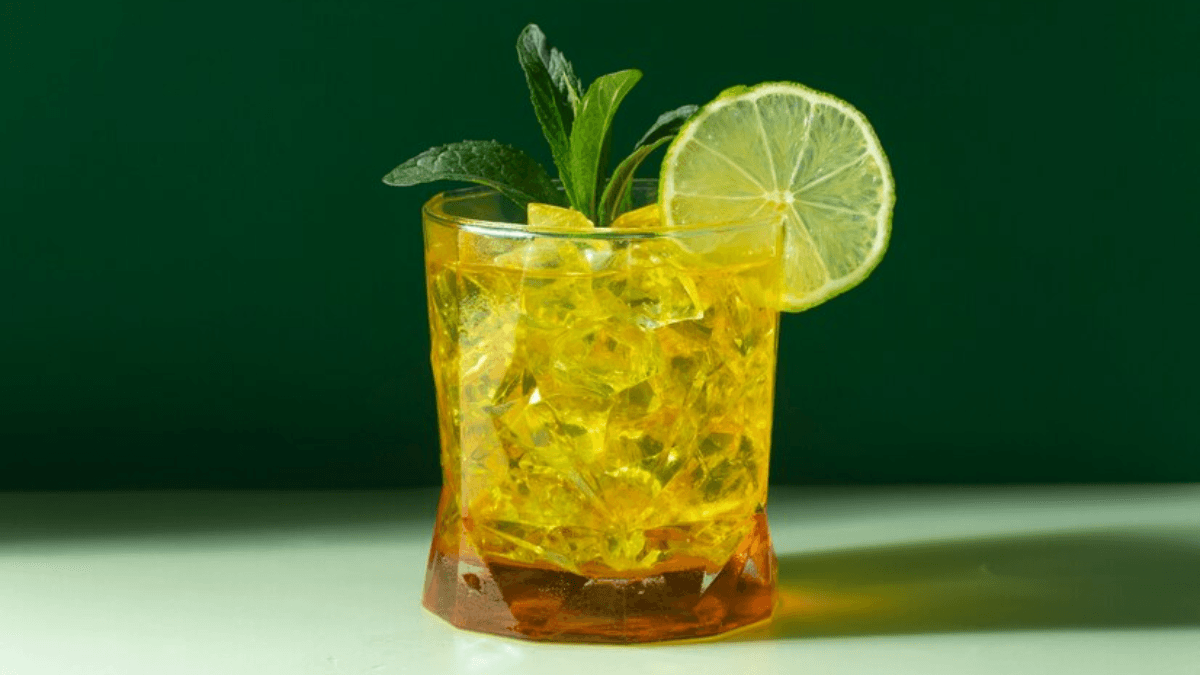 Balancing sweet flavours in cocktails is both an art and a science. Thoughtful ingredient selection, precise measurements, and careful adjustments ensure harmony in every sip. Whether crafting for a gathering or experimenting at home, mastering these basics will improve your mixology skills.
Balancing sweet flavours in cocktails is both an art and a science. Thoughtful ingredient selection, precise measurements, and careful adjustments ensure harmony in every sip. Whether crafting for a gathering or experimenting at home, mastering these basics will improve your mixology skills.
Drink Responsibly. This communication is for audiences above the age of 25.



